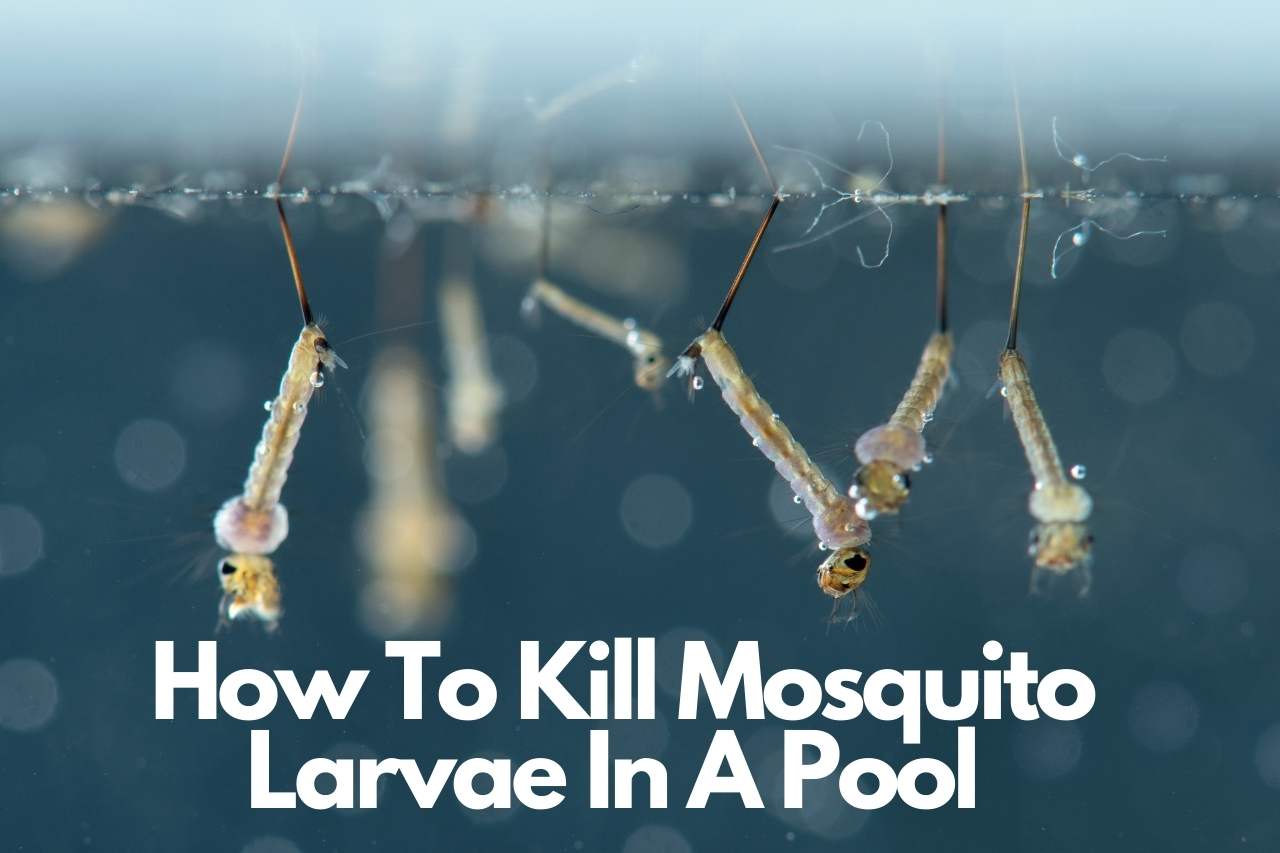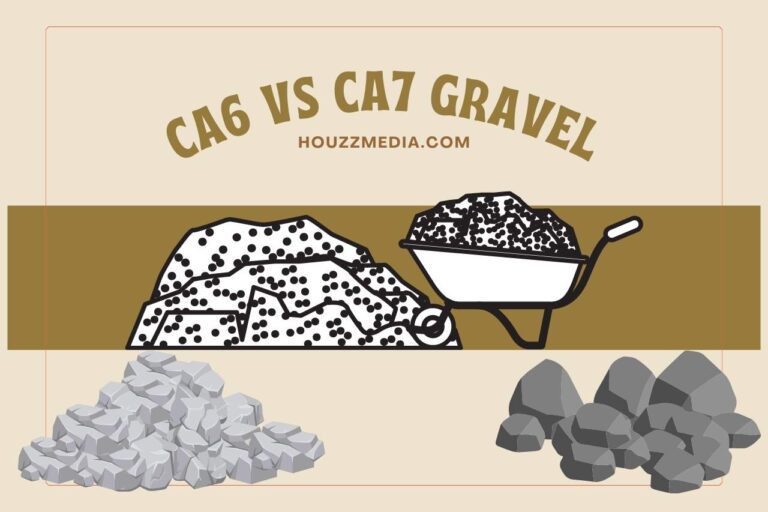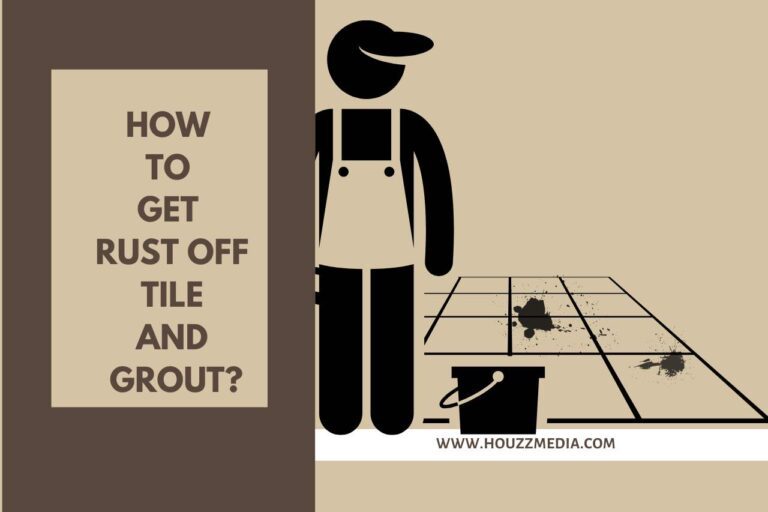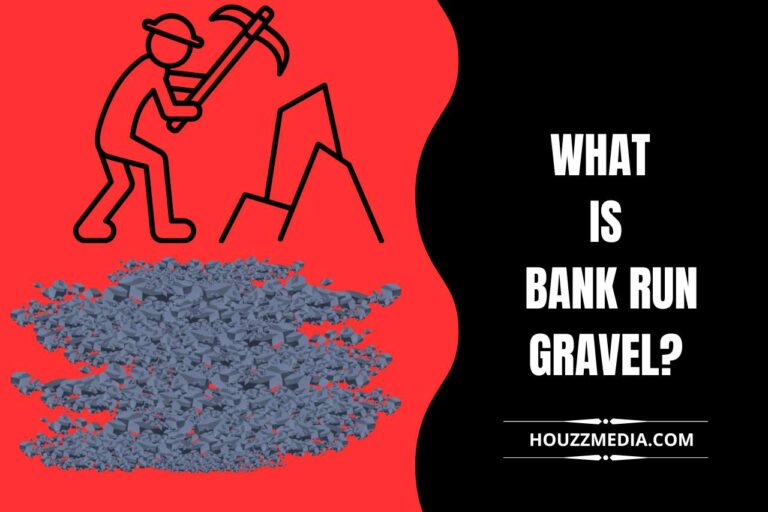Some Easy Methods To Kill Mosquito Larvae In A Pool
We’ll walk you through some cool methods on how to kill mosquito larvae in a pool. It’s reasonable to say that most people find mosquitoes a huge annoyance. Mozzies get drawn to your swimming pool like a magnet. The pool is large enough to hold millions of mosquito eggs, the water is sluggish, and there are lights all around it.
Fill the pool with contaminated wastewater, and it lacks a filtering system. Mosquito larvae can easily make it their home. When you have larvae, it might be challenging to remove them without completely emptying the pool or chemically cleaning the water. So it is good to know how to kill mosquito larvae in a pool, isn’t it?
This guide explains why mosquitoes deposit their eggs in swimming pools and what draws them to your pool.
Mosquitoes In Your Pool
The larvae, commonly referred to as grub worms feed on dirt, including the algae and organic materials in the pool, as soon as they hatch. Floating on the water’s surface is how these wigglers breathe. The majority of the pools lack fountains and fish. Because of this, the water’s surface is steady and ideal for mosquitoes to deposit their eggs.
Reasons Why Mosquitoes Are Attracted To Your Pool?
Let’s first analyze the causes of your mosquito problem before we explain how to eradicate mosquito larvae in a pool.
-
Plants around your pool
There will likely be vegetation surrounding your swimming pool if you have one. Some plants are mosquito magnets. Additionally, the majority of these plants produce flowers.
Many homeowners populate their ponds with typical aquatic plants like white flowers and water hyacinths. They grow some exquisite blooms and enhance the beauty of the pond.
However, mosquitoes also adore them. Nectar is present in the majority of flowers. Additionally, all plants that produce nectar release carbon dioxide. And mosquitoes love carbon dioxide.
Therefore, mosquitoes will be if your yard has a lot of flowering plants, especially around the pool. Additionally, a large pool is ideal real estate for mosquitoes to live and lay their eggs once they have found it.
-
Dampness
The lawn and the pool area were overwatered, significantly contributing to the excessive humidity levels. Additionally, when the amount of moisture rises, invasive insects like termites, ants, roaches, and mosquitoes pay visits to the area.
Additionally, overwatering causes the yard to get soggy and creates water-logged potholes. Mosquitoes can deposit their eggs in these locations.
-
Poor drainage system
Waterlogging gets caused by inadequate pool drainage systems and water leaks. Additionally, catching basins in your yard that are blocked and packed with debris may attract mosquitoes.
Rainwater in the yard won’t be able to travel via poor drainage systems, increasing the amount of moisture. Due to their tiny size, these areas won’t be able to contain the large number of mosquitoes that may enter your yard and breed there. The outcome? Mosquitoes will lay their eggs in your pool and will attack it.
How Much Does it Cost to Fill a Pool and How to Measure Pool Size
How to Kill Mosquito Larvae in a Pool?
There are several techniques to kill mosquito larvae in a pool.
First, kill them
To make removing mosquito larvae from the water easier, you must kill them in your pool. Several methods exist for doing this:
- Unfortunately, even modest levels of chlorine won’t destroy mosquito larvae. This implies that you will need to shock the pool; even then, not everything could get killed. The issue is that high chlorine concentrations harm swimmers, necessitating additional time, expense, and chemicals to rebalance the water’s chemistry.
- Insect dunks. Small, slowly disintegrating rings called mosquito dunks got thrown into the water. The larvae will eat the BTI bacterium present in them and are unaware that it will also end them. Dunks are safe for swimmers, animals, birds, and other animals and won’t change the chemistry of your water. Most pools only require two or three dunks, making them among the most effective and reasonably priced ways to eliminate larvae.
- Granules of methoprene. The larvae’s development gets slowed by a synthetic hormone inhibitor found in methoprene granules, which are simple to add to any pool. Compared to dunks, employing granules enables a broader spread throughout the pool. One treatment could last up to a month, guaranteeing that the larvae won’t develop into pupae.
If you wish to use household items, you may destroy mosquito larvae using cider vinegar, chlorine, dish detergent, shampoo, and oil. If you choose this action plan, you must also take the required measures to balance your water and eliminate oils.
-
Scoop them
Use a skimmer net to quickly remove the remaining (or essentially dead) larvae first from the water. Use the pool vacuum to remove mosquito larvae more effectively and conveniently. The larvae will be sent directly out of the system’s waste line by vacuuming to waste, so you won’t ever see them again.
Just remember that you might need to refill the water that got drained depending on how much cleaning is necessary. You may also use robotic, pressure-side, or suction-side automatic pool cleaners to assist with the cleanup procedure.
-
Leave rest to your filter
You may always turn on your pump and leave the issue to the pool’s filtration system. To prevent it from being clogged, you’ll need to spend a little more time on this and clean up your cartridge or backwash your filter.
Additionally, you may “pre-filter” the water by encircling your skimmer basket with a skimming sock. This will trap the larvae, reducing the strain on the filter, and you may discard the hose after you’re through.
Final Thought
Disease-carrying mosquitoes may cause havoc at any time of day. Even though they are tiny, they have the power to transform your entire watery paradise into a complete nightmare. It is simpler and more productive to fight mosquitoes while they are larvae rather than when they are flying adults.
To a fair extent, these guidelines and methods are comprehensive enough to keep them away from you because the pool for just as long as you desire. And if you ever feel these methods aren’t working, it’s time to get expert assistance.
More on houzzMedia.com:






